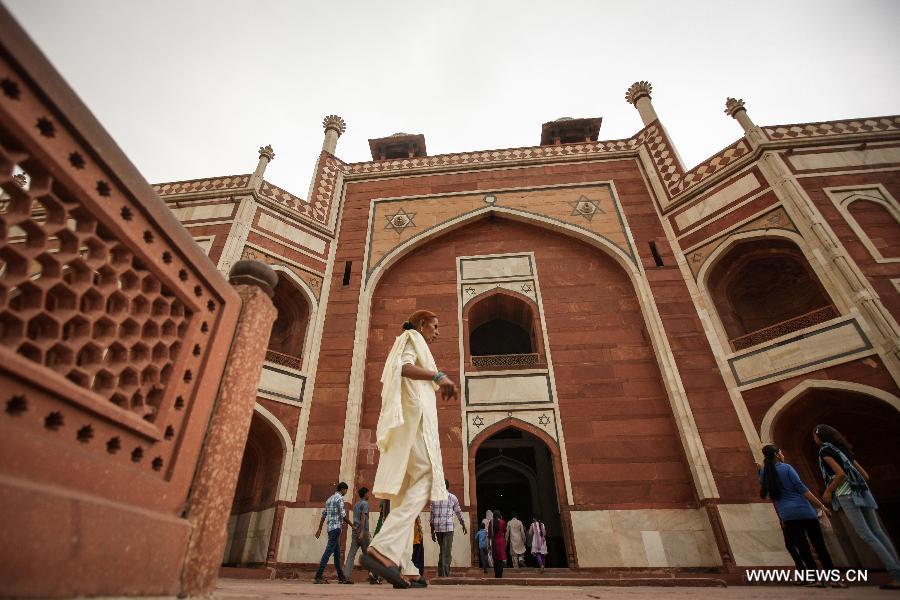
BEIJING, May 13 (Xinhua) -- Chinese Premier Li Keqiang on Monday called for less political power in the market economy in order to motivate creativity of market players and achieve transformation of the government.
On a nationwide tele-conference about the functional transformation of the institutions of the State Council, or the cabinet, Li urged officials to properly handle relations between the government and the market as well as society, delegating unnecessary powers and managing businesses that the government is responsible for.
The focus of government work should be shifted to creating a favorable environment for development, providing quality public services and maintaining social equity and justice, Li added.
Li said the transformation of government is important and urgently needed for maintaining the continuous and healthy development of the economy amid the present goal of stabilizing growth, controlling inflation and preventing risks. It is also an objective requirement of economic and social development.
The new government has canceled 133 items of administrative approval matters in less than two months after it was formed. However, the work must be further carried forward with greater courage and wisdom, Li said at the meeting.
The premier stressed that the government should make a good start in the reform of the administrative approvals system, as it is the "sally port" for transforming the government's function, and a critical move in forging an upgraded Chinese economy.
Li said the government should streamline administration and delegate powers to maintain growth, giving further play to the basic role of the economic market in distributing resources and inspiring market players' vitality and creativity.
Li called for minimized administrative approvals on matters concerning production and marketing activities, ordinary investment projects and qualifications.
"By summoning the courage to delegate power to lower levels, the government has made a crucial step toward ridding itself from the legacy of planned economy," said Ding Yuanzhu, professor with Chinese Academy of Governance.
"Although such a transformation will certainly inflict pain, it is necessary to bring about substantial changes," Ding said.
Meanwhile, the premier said streamlining the government and delegating power should be carried out to create jobs because augmenting employment opportunities is the fundamental goal of steadying growth and stimulating development.
Li called for speedy reform in the industrial and commercial registration system in order to boost the development of small, medium-sized and micro-sized firms, as well as the service sector.
The reform this time is aimed not only at canceling or delegating power to lower levels, but also at innovating and enhancing government management, the premier said.
Li said violations related to food, environment and production safety that attract much attention and complaints must be dealt with using harsh punishments.
The government should focus on providing basic public services and let market and social organizations play a bigger role, Li said.
Meanwhile, administrative approvals that are kept out of necessity must be regulated to prevent corruption, said Li.
The pertinency, efficiency and authoritativeness of macro policies should be enhanced and the expansion of over-supplied sectors must be curbed, according to Li.
The premier stressed that administrative power must be reined within the framework of law and regulations and the behavior of firms, social organizations and individuals should be regulated according to law.
Li said the new round of transforming government functions has already begun. The government departments and local authorities should be held accountable for their work on this issue and their performance should be assessed annually.
Gao Xiaoping, executive vice-chairman of the Chinese Public Administration Society, said, "This round of reform notably differs from previous ones as it is not merely a restructuring of government institutions, but also a transformation of their functions."
Vice premier Zhang Gaoli presided over the meeting, which was also attended by vice premiers Liu Yandong, Wang Yang, Ma Kai and state councilors Yang Jing, Chang Wanquan, Guo Shengkun and Wang Yong.


















![]()
